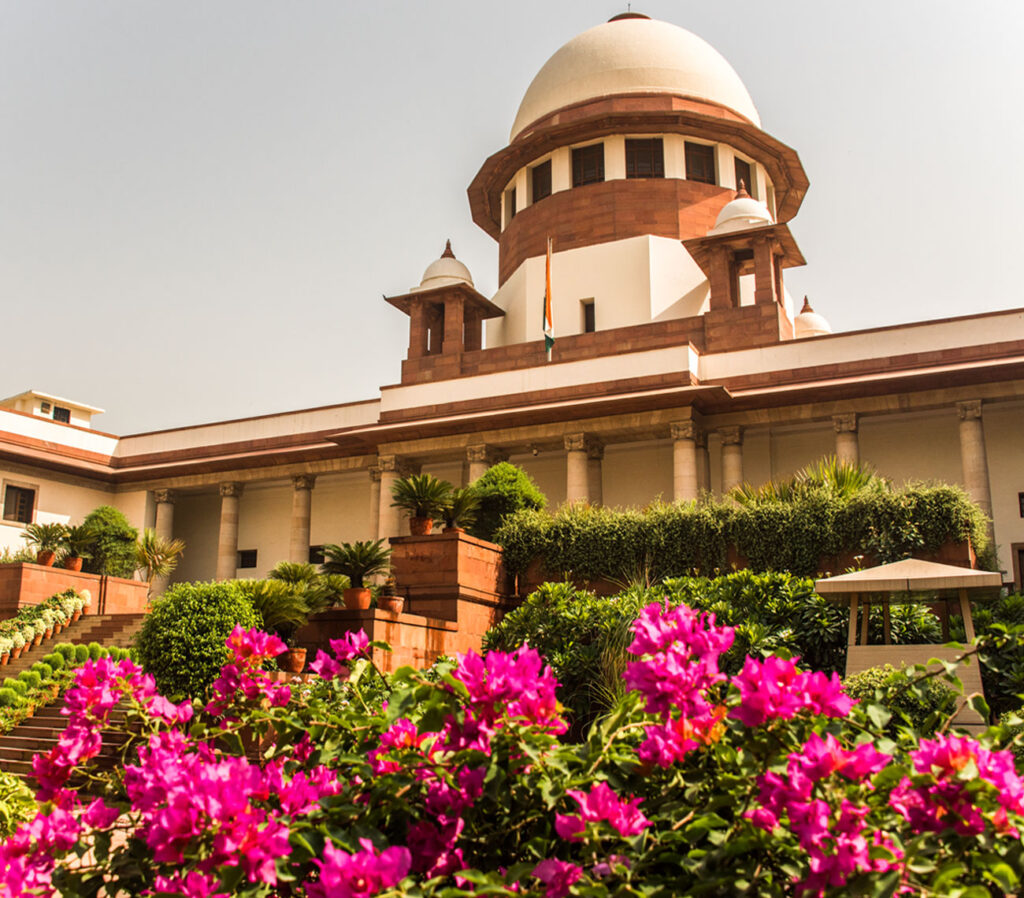New Delhi, Jan 28.
Former Supreme Court judge R.F. Nariman on Friday tore into Law Minister Kiren Rijiju’s criticism of the collegium system. He was equally scathing in his criticism of the recent remarks made by Vice President Jagdeep Dhankar against the basic structure doctrine espoused by the Supreme Court.
The doctrine laid down in the Keshavananda Bharti case states that the basic structure of the Indian Constitution cannot be amended.
There has been much criticism of both the collegium system, which gives a CJI-led collegium of four senior-most judges primacy over judicial appointments, and the basic structure doctrine used by the top court to strike down the government’s National Judicial Appointments Commission.
In one of its first steps soon after it came to power the Modi government, brought in the NJAC Act which would have unsettled the collegium system, and ushered in a new system under which the government had an equal say over the appointments.
The top court struck it down in 2015 and restored the collegium system on the ground that an independent judiciary was part of the basic structure of the Constitution which cannot be wished away. The government had since then not raised any voice against the ruling.
But in recent days it has sought to reopen the debate on the issue by attacking both the collegium system and the basic structure doctrine and also demanded a government representative in the selection and appointment process of judges to the constitutional courts.
The government said it was demanding this as part of the revised memorandum of procedure (MoP) that governs the process of appointing judges.
The MOP issue has been hanging fire since 2017 when the court rejected an attempt by the executive to include a national security clause which would give the government a veto power over names recommended to be appointed as judges.
Reacting to all these developments, Nariman, son of eminent lawyer Fali S. Nariman, said that the government was bound to accept the law as laid down by the Constitution.
One can criticise the collegium system as a citizen, but right or wrong the authorities would be bound to accept it, he said.
He also pointed out that not one but five judges expound the Constitution in India under Article 145 (3), something that doesn’t happen in the best of legal jurisdictions. Rijiju had argued that nowhere in the world do judges appoint judges.
Nariman defended the system as something that was developed to meet the need of the times.
He urged the top court to wrap up the revised MOP by constituting a five-judge bench which would lay down an outer limit within which the government would appoint a judge once his name is reiterated. It could be a month or some such reasonable period.
The former top court judge also dismissed the Vice President’s critique of the basic structure doctrine. The doctrine is here to stay and is an important part in the armoury of the system of checks and balances, he said. No one has contested this for over 40 years, Nariman said.
Nariman was speaking at the M.C. Chagla memorial lecture in Mumbai. “Ultimately… it is how a Constitution is worked, and if you don’t have independent and fearless judges, say good bye. There is nothing left…. If finally, this bastion falls, or were to fall, we will enter the abyss of a new dark age….”


